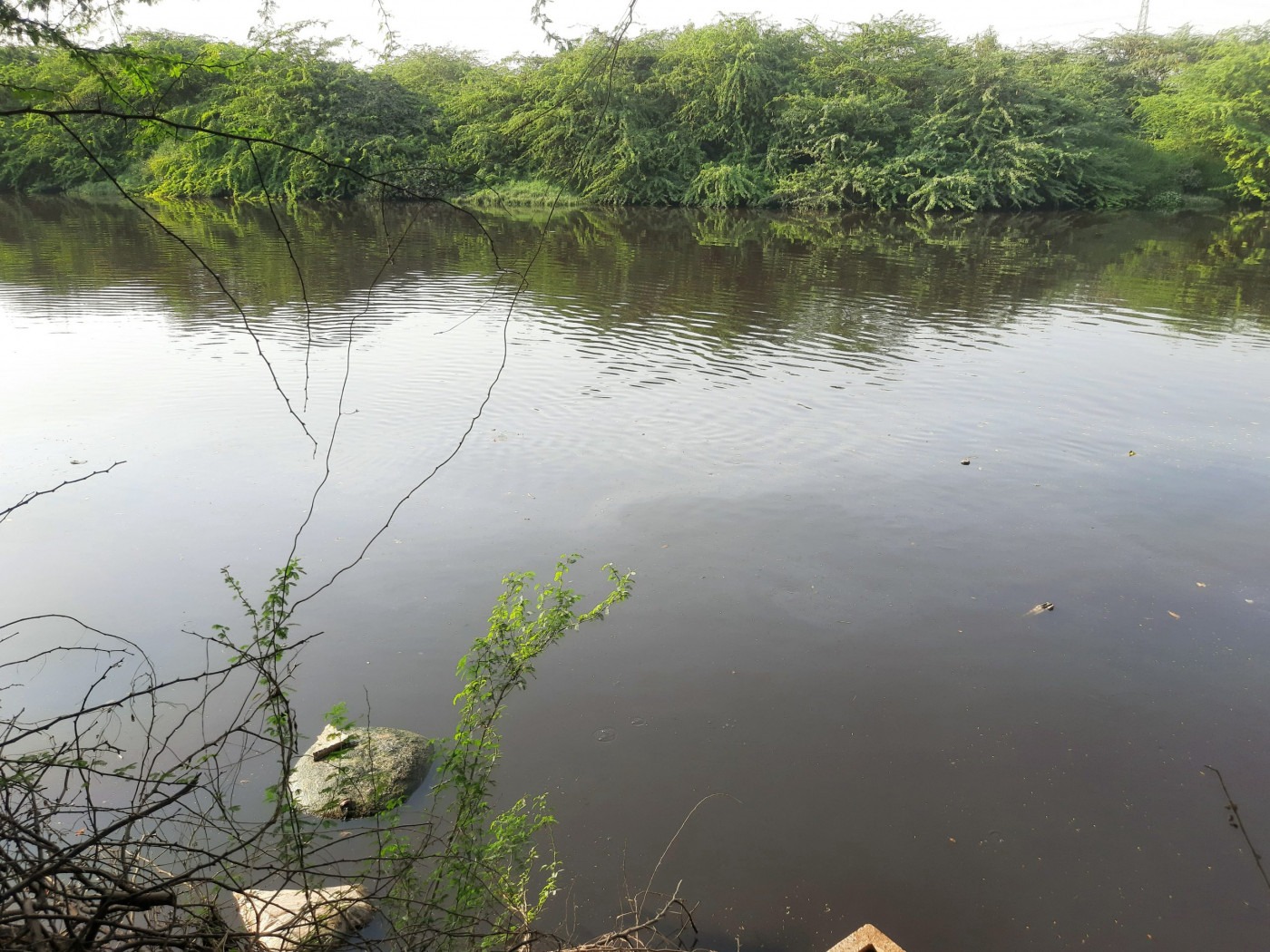The sporting world unites in the name of cleaner UK waters
After the University of Cambridge beat the University of Oxford at the 169th Boat Race in March, the Cambridge team did not throw their cox into the water. They were following safety guidelines which were given to both teams due to concerns about E. Coli in the River Thames.
Following the race, seven major boat-racing societies, including British Rowing and Swim England, formed the Clean Water Alliance “to achieve healthy and nature-rich blue spaces across the UK”.
The Clean Water Alliance was created on 30 April and represents 450,000 members. They want regulators to be funded sufficiently to investigate sewage discharge in rivers and hold polluters to account. They also aim to facilitate the sharing and centralisation of water quality data among stakeholders. As British Rowing chief executive Alastair Marks explained, the alliance embodies “the dedication of athletes and strive towards cleaning, protecting, and preserving the blue spaces”.
According to the Environment Agency, raw sewage was discharged for over 3.6 million hours into UK rivers and seas in 2023, which more than doubled the count for 2022
Their last demand is to change the language from ‘bathing waters’ to ‘recreation waters’ within government policy. ‘Bathing water’ refers to water sites designed for swimming subject to regular bacteria assessments by the Environmental Agency. In England, only three rivers are classified as bathing water, and they were all given poor status last year meaning that they pose a risk of illness to those swimming in them.
The rest of the English rivers are neither safe for swimming, nor monitored regularly. With a separate category of ‘recreational waters’, the quality of water used for different aquatic activities, like boat racing and surfing, will be routinely checked.
These checks are necessary; according to the Environment Agency, raw sewage was discharged for over 3.6 million hours into UK rivers and seas in 2023, which more than doubled the count for 2022. Additionally, 60% of popular water sports sites are polluted at unsafe levels, including the River Thames where the Oxford-Cambridge Boat Race took place. Thames Water, the water company treating wastewater from most of London, has released sewage equivalent to 29,000 Olympic swimming pools into the river since 2020.
Illegal sewage discharge critically harms human health. Anyone participating in physical activities in the contaminated water may get gastrointestinal illnesses that can cause diarrhea or vomiting, as well as respiratory and skin infections.
Harmful bacteria and chemicals in the sewage also have detrimental effects on the environment as they may kill aquatic organisms and aid the growth of algal blooms.
Alliances of sports can connect people from various backgrounds and generations, thus spreading the importance of environmental causes to different demographics
Climate change is also impacting sporting events; half of all former Winter Olympic host cities will not have the essential temperature to stage the Winter Olympic Games by 2050. However, sporting events can also negatively impact the environment. For example, the 2016 Rio Olympic Games released 3.6 million tons of carbon dioxide into the atmosphere.
The Clean Water Alliance exemplifies how sports associations can step up for environmental protection. Sports are embedded in many people’s daily lives and are deeply rooted in local communities. Alliances of sports can connect people from various backgrounds and generations, thus spreading the importance of environmental causes to different demographics.
The fame of athletes also helps raise awareness of environmental issues. For instance, Olympic sailor Hannah Mills led over 50 athletes to demand world leaders to do more at the COP26 global climate summit after her victory at the 2020 Tokyo Olympics.
Fynn Sterritt of the British Sailing Team said: “I think what’s special about the alliance is that it’s an example of the power of sport. It’s about seven NGBs [National Governing Bodies] coming together asking for change on behalf of the millions of people who love spending time on water.”
As the British government admitted, legislative moves cannot “stop pollution overnight”; however, the question remains: can sport improve the state of UK waters?

Comments